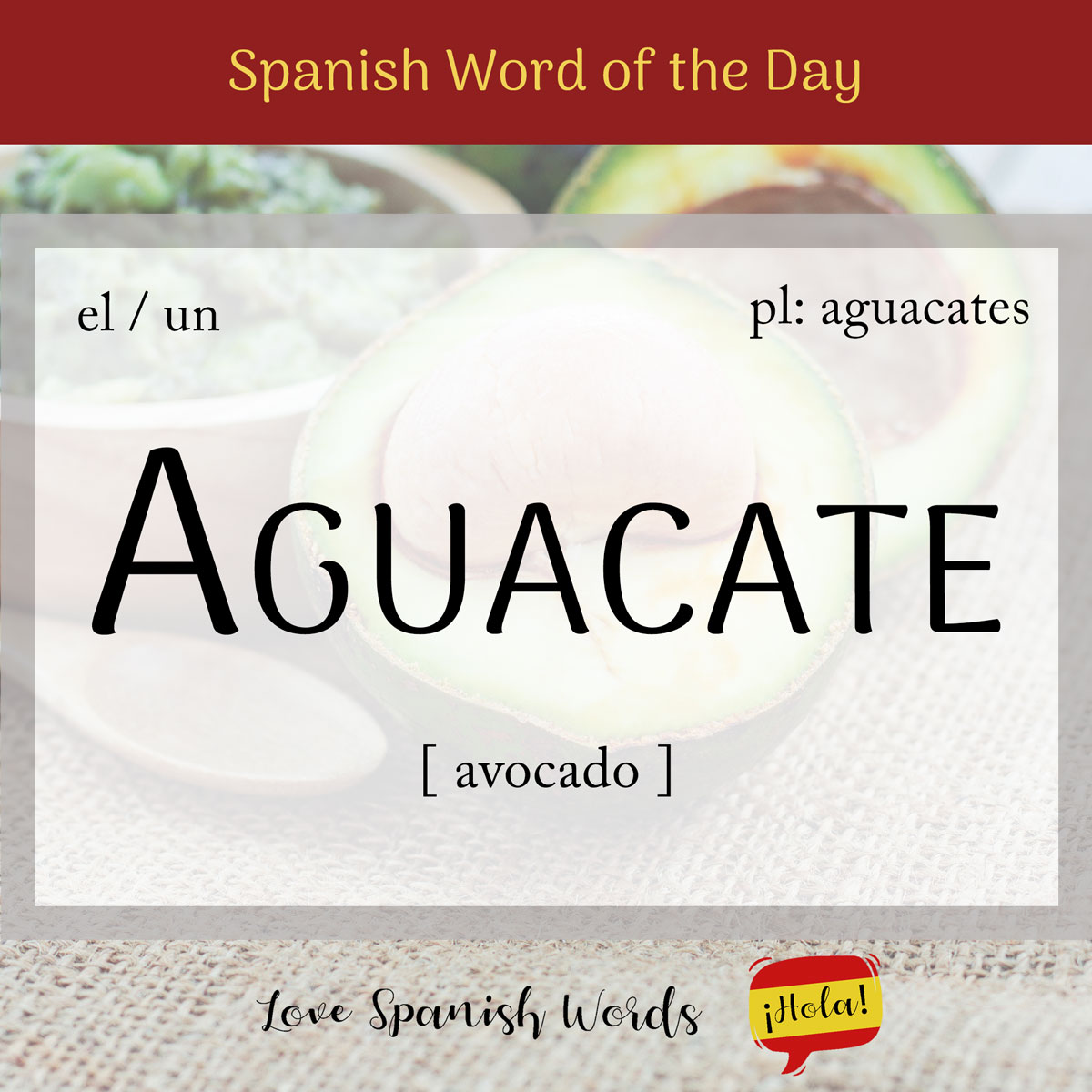Spanish Word of the Day: Lago (lake)
The word for lake in Spanish in lago, which derives from the Latin lacum of the same meaning. Latin American Pronunciation European Pronunciation Lago is a masculine noun whose plural form in lagos. It takes the following definite and indefinite articles: The largest freshwater lakes (lagos de agua dulce) in the world are los Grandes Lagos, or the Great Lakes, located along …






